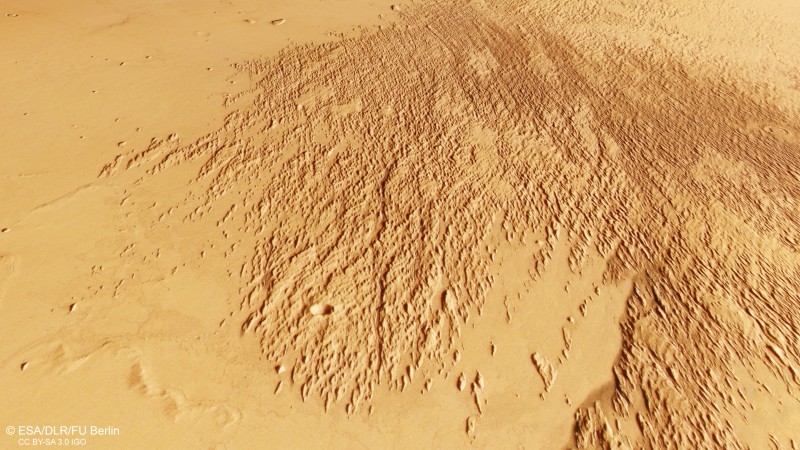What is Belgebra? It is a sub-branch of algebra where one of the variables represents the size of Belgium. I’ve spotted a couple of examples in the news this week.
The first example is fairly simple. It comes from seafoodsource.com on Chinese aquaculture (May 14, 2020)
“It also prioritizes further mitigation of mudflat and earthenware aquaculture, a primary source of production of low-value species, but also the cause of significant environmental damage across a land footprint spanning the size of Belgium and the Netherlands combined.”
A much more complex and bizarre example appeared in The CEO Magazine – May 18, 2020 in a piece about Covid-19 in the state of Western Australia.
“Western Australia has recorded 557 cases of COVID-19, five of which remain active. The state is the size of Belgium, France, Ireland, Luxembourg, Monaco, the Netherlands and the UK combined. The UK alone has had more than 243,000 confirmed cases of infection, Belgium more than 52,000 and the Netherlands almost 44,000.“
This “Belgebra” is weird on several levels:
Firstly, it is wildly inaccurate. The seven countries listed add up to 1.03 million sq km. Western Australia covers more than 2.65 million sq km (which by coincidence is almost the same as its population). In fact you could add Germany, Italy and Spain to the equation and still reach only 80% of the size of WA.
Secondly, the inclusion of Monaco is laughable. It is only 2 sq km – the second smallest nation on earth after the Vatican.
Thirdly, if Belgium had not been listed first I would never have spotted this in my search for size of Belgium!
